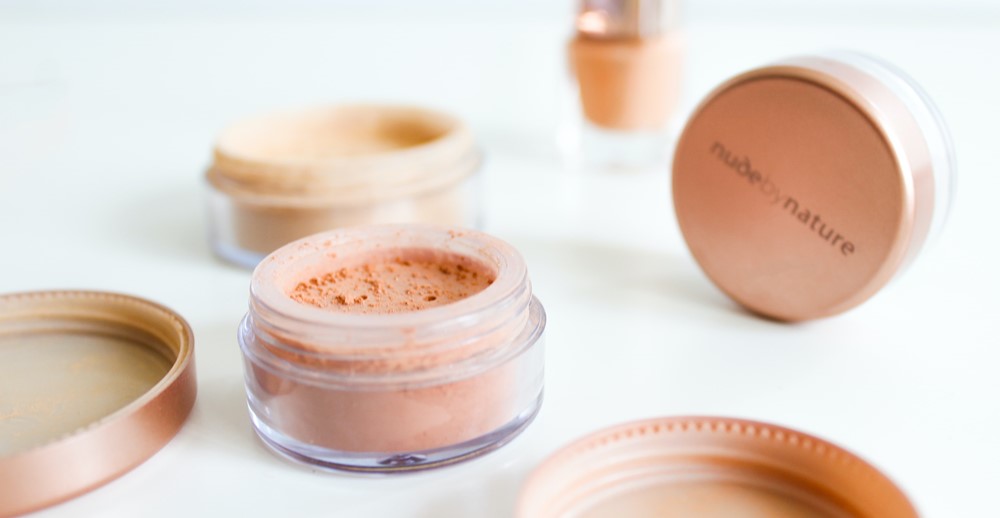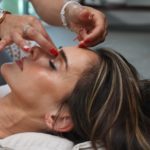Types of cosmeceuticals: Are cosmeceuticals good for the skin?
Cosmeceuticals are a combination of cosmetics and pharmacological agents. They improve appearance and also deliver essential nutrients to the skin. They are applied over the skin and affect natural functions. They have been proven to reduce wrinkling and result in radiant, toned-up, and smooth textured skin. Because of their effectiveness in providing a youthful appearance, they are rapidly gaining popularity all over the world.
Cosmeceuticals contain a mixture of vitamins, herbs, various oils, and plant extracts. Some of these plant sources include green and black teas, soy, pomegranate, and date. Their effectiveness has been shown through multiple clinical trials. Some of the cosmeceuticals have anticancer properties and contain green tea, vitamin E, and beta-carotene.
Types of cosmeceuticals
There are multiple cosmeceuticals available commercially. These include moisturizers, retinoids, hydroxy acids, antioxidants, and depigmenting agents.
Retinoids: They are the commonest and most popular cosmeceuticals in use. They are derivatives of vitamin A which plays an important role in the growth, development, and integrity of epithelial surfaces including the skin. Retinoids have anti-oxidant properties and protect skin from damage caused by oxidant radicals. They also promote epidermal thickening by activation of keratinocytes. There is improved skin circulation due to new blood vessel formation and improved tone due to collagen deposition. The shedding of melanin-filled keratinocytes results in the disappearance of hyperpigmented spots. Also, you can check this interesting article about skincare – 3 Skin care Tips Just for the Summer.
In people with vitamin A deficiency, night blindness is accompanied by skin changes like dryness and hyperkeratosis or toad skin. Vitamin A has also been found to have anti-aging properties and is used in the treatment of ichthyosis, acne, and psoriasis.
Moisturizers: Damaged skin loses moisture more rapidly resulting in dry skin. Products containing lipids found in healthy skin are applied topically to aid healing. A well-healed skin retains the moisture which is required to wash away the chemical mediators of inflammation produced due to sun damage. As a result of moisture retention, the skin becomes soft and pliable thereby adding to its cosmetic appearance. Some of these moisturizing agents include ceramides, hyaluronic acid, licorice extracts, dimethicone, petrolatum, and paraffin wax.
Antioxidants: Endogenous and exogenous oxidants damage skin perpetually. This can be prevented by the use of antioxidants which include vitamin C, vitamin E, lipoic acid, panthenol, melatonin, catalase, glutathione, glucopyranosides, polyphenols, and allantoin. Vitamin C reverses sun damage to the skin. It helps in collagen synthesis and may have anticancer properties. Vitamin E protects the cell membrane from oxidative damage. The topical application of creams containing vitamin E prevents sunburn. Niacinamide promotes normal cellular growth and has anti-cancer action on the keratinocytes in the skin. Local application of dimethylaminoethanol has been found to improve skin tone and prevent sagging. Resveratrol, found in many fruits and vegetables, prevents lipid peroxidation of keratinocytes due to sun exposure.
Hydroxy acids: These products are derived from natural sources and include lactobionic acid, lactic acid, glycolic acid, citric acid, and tartaric acid. They improve the signs of dermal aging. The skin appears glossy and smooth. They improve skin elasticity and thickness by collagen deposition and elastic fiber strengthening. It is advised to use sunscreen during the use of hydroxyl acids as they are known to increase UV radiation sensitivity.
Depigmenting agents: Hyperpigmentation occurs due to the accumulation of melanin in keratinocytes. These agents improve hyperpigmentation involving the epidermis, though they are not effective if the hyperpigmentation involves the dermis. Some of these agents include hydroquinone, tretinoin, kojic acid, and N-acetylcysteine.
The use of these cosmeceuticals which include both natural and synthetic agents is becoming popular. Though some of these agents have undergone clinical trials, many are used based on conventional knowledge. Their use should be initiated under medical supervision so that any adverse reaction may be detected early. A healthy lifestyle definitely goes a long way in improving health and appearance.




























